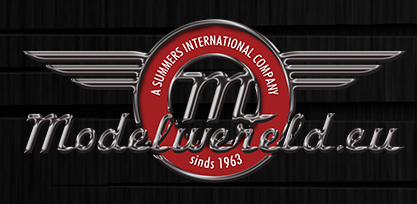Messerschmitt Bf109 F-2
The Messerschmitt Bf 109 (often called Me 109) was a German World War II fighter aircraft designed by Willy Messerschmitt and Robert Lusser during the early to mid 1930s. It was one of the first true modern fighters of the era, including such features as an all-metal monocoque construction, a closed canopy, a retractable landing gear, and was powered by liquid-cooled, inverted-V12 aero engines. The 109 first saw operational service during the Spanish Civil War and was still in service at the dawn of the jet age at the end of World War II, during which time it was the backbone of the Luftwaffe"s fighter force. From the end of 1941 the Bf 109 was supplemented by the Focke-Wulf Fw 190.
Originally conceived as an interceptor, later models were developed to fulfill multiple tasks, serving as bomber escort, fighter bomber, day-, night- all-weather fighter, bomber destroyer, ground-attack aircraft, and as reconnaissance aircraft. It was supplied to and operated by several states during World War II, and served with several countries for many years after the war. The Bf 109 was the most produced warplane during World War II, with 30,573 examples built during the war, and the most produced fighter aircraft in history, with a total of 33,984 units produced up to April 1945.
The Bf 109 was flown by the three top-scoring German fighter aces of World War II, who claimed 928 victories among them while flying with Jagdgeschwader 52, chiefly on the Eastern Front, as well as by the highest scoring German ace in the North African Campaign. It was also flown by several other successful aces from Germany"s allies, notably Finland, including the highest scoring non-German ace Ilmari Juutilainen, and pilots from Romania, Croatia and Hungary. Through constant development, the Bf 109 remained competitive with the latest Allied fighter aircraft until the end of the war.
Set bevat;
- 1 Messerschmitt Bf109 F-2
- kaarten set voor war game spel
Schaal 1:144
Zvezda 6116


